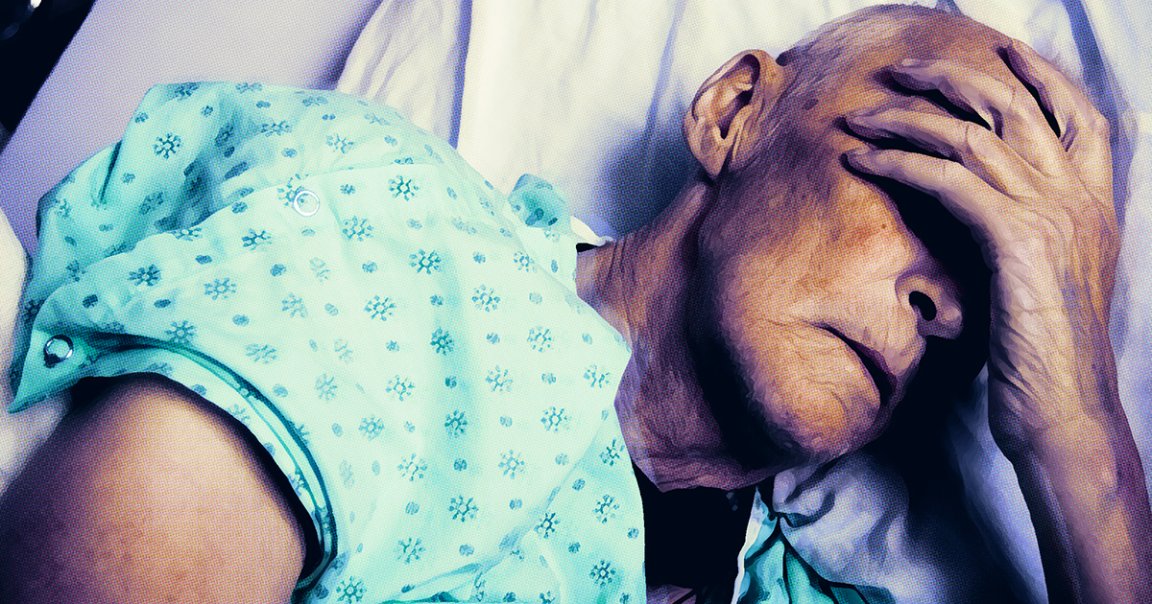
Some of us look old for our age, while others look younger.
These differences, though, may not just be superficial. Our appearances, youthful or seasoned, could actually be an accurate reflection of what scientists call our “biological age,” a form of measuring someone’s age by the health of their body’s cells, as opposed to counting their years since birth.
Exploring this, a team of scientists at Mass General Brigham (MGB) have now developed an AI model that they claim can estimate the biological age of cancer patients simply by analyzing photos of their faces, the New York Times reports, in what could be a game-changing tool in cancer treatment.
Huge questions remain, however, about the technology’s reliability and its fraught ethical implications.
All the same, the AI, dubbed FaceAge, has led to some intriguing findings. As detailed in a new study published in the journal Lancet Digital Health, the researchers found that participants whose faces were judged to be younger by the AI model tended to do better after cancer treatment than those who were judged to be older.
Overall, the participants who were suffering from cancer appeared to be five years older than their chronological age, while non-sufferers exhibited a biological age closer to their chronological age. With cancer patients, the AI accurately predicted that those with an older biological age were more likely to die.
Doctors could use the tool, the researchers hypothesize, to help determine the best-suited treatment. A spry 75-year-old with a biological age of 65, in an example given by Agence France-Presse, could benefit from aggressive radiation therapy. But that course might be too risky for another man with as many years but a higher biological age.
The AI model was trained on nearly 59,000 portraits of adults over 60 taken from public data sets, including sources like IMDB and Wikipedia. Then, to cut its teeth, the researchers had the model estimate the age of the study’s roughly 6,200 cancer patients.
One of the most surprising finds was that the AI didn’t rely as much on what we typically consider signs of aging, like baldness or wrinkles. It placed more stock in subtler clues like facial muscle tone, per the AFP.
There’s still a long way to go before FaceAge is ready to be used by doctors, with plenty of thorny questions that need addressing. The AI was trained on mostly white faces, which could lead to racial biases in its analyses. It also remains to be seen how makeup, plastic surgery, or even just a change in lighting could foil the AI’s predictions.
“I’d be very worried about whether this tool works equally well for all populations, for example women, older adults, racial and ethnic minorities, those with various disabilities, pregnant women and the like,” Jennifer Miller, co-director of the program for biomedical ethics at Yale University, told the NYT.
And in our age of invasive surveillance and dwindling privacy, having a tool that purportedly unearths some secret facet of your biology by scanning your face can feel like another intrusion on our autonomy. What if insurers use a model like FaceAge to justify denying health coverage?
“It is for sure something that needs attention, to assure that these technologies are used only in the benefit for the patient,” study co-lead author Hugo Aerts, director of MGB’s AI in Medicine program, told the AFP.
More on medical AI: Apple Quietly Working on AI Agent to “Replica” a Human Doctor